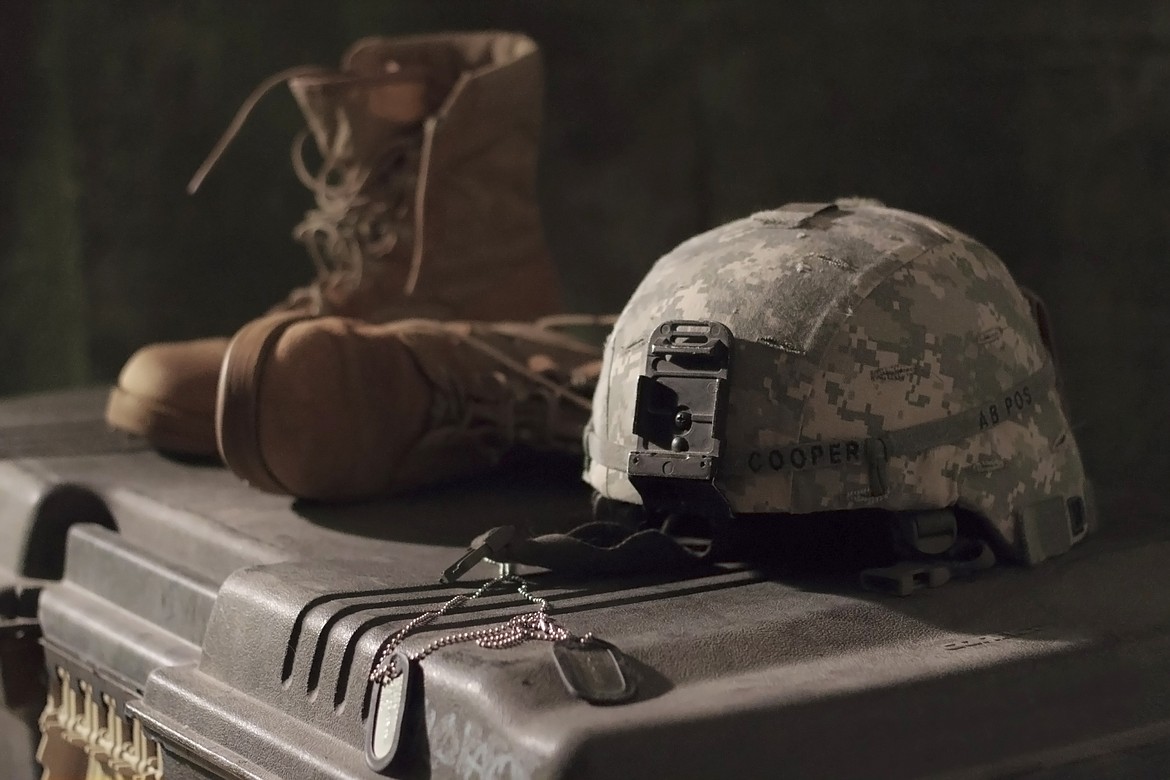Tales relate hardships faced by World War II soldiers
Today's tales have their origins in World War II.
The first incident is from when General Eisenhower visited the front-line troops in the winter.
This winter in 1944 was one of the worst on record, with lots of snow and continual freezing temperatures. The American troops had not been issued warm clothing, socks and overcoats. In contrast, the Germans had all these things. Eisenhower showed up in Belgium with a heavy overcoat hiding the fashionable waist-length jacket that would eventually bear his name. He was visiting the 2nd Ranger Battalion of the U.S. Marines.
Eisenhower was standing under a makeshift canopy, surrounded by these Marines. He asked in a manner that military commanders seem always to ask, “Is there anything you men need?”
Normally, the answer would say, "No, sir, we are OK," but, in this case, a soldier responded, “Yeah, how come you are wearing warm shoe packs to keep your feet warm and dry and you don’t even go out in the rain or anything and we don’t have good warm boots?”
Eisenhower pledged, on the spot, to get them those boots and, in fact, he did, socks included. A side note was that many Marines suffered from "trench foot," due to continued wet feet and no dry socks. These men could hardly walk and were taken off the line.
The other tale is taken from the Hurtgen forest around Belgium and northeast France.
The forest was very thick, visibility was limited and the Germans were entrenched in bunkers. As the Americans advanced, the German artillery bombarded them. Shells hit the trees and fragments injured or killed the Americans.
At one point, some 200 Americans panicked and, unfortunately, went east — right into a German ambush. Of the 200, all but three were either killed or captured. The slaughter continued as one battalion of about 600 men was reduced to 57 who could still fight. The rest were either wounded, killed or captured.
The mauling was so gruesome that a German physician, Capt. Gunter Sturttgen, pleaded with his commander to halt the carnage and call a one-day truce. The request was granted, and Sturttgen and his medical team went in and attended to the wounded, mostly Americans, some Germans. The American wounded then became prisoners of war. On several occasions, the German medical teams were working side-by-side with American medics.
When it was over, the American 112th Regiment of 2,200 men had been reduced to just 300. And it didn’t stop there, as, right after this, the Germans made a big push, known as the Battle of the Bulge. In later wars, Korea and Vietnam, we had a lot of deaths, but not like this.
Roger Gregory is a Vietnam veteran, serving in the 1st Infantry Division, and is a business owner in Priest River.

